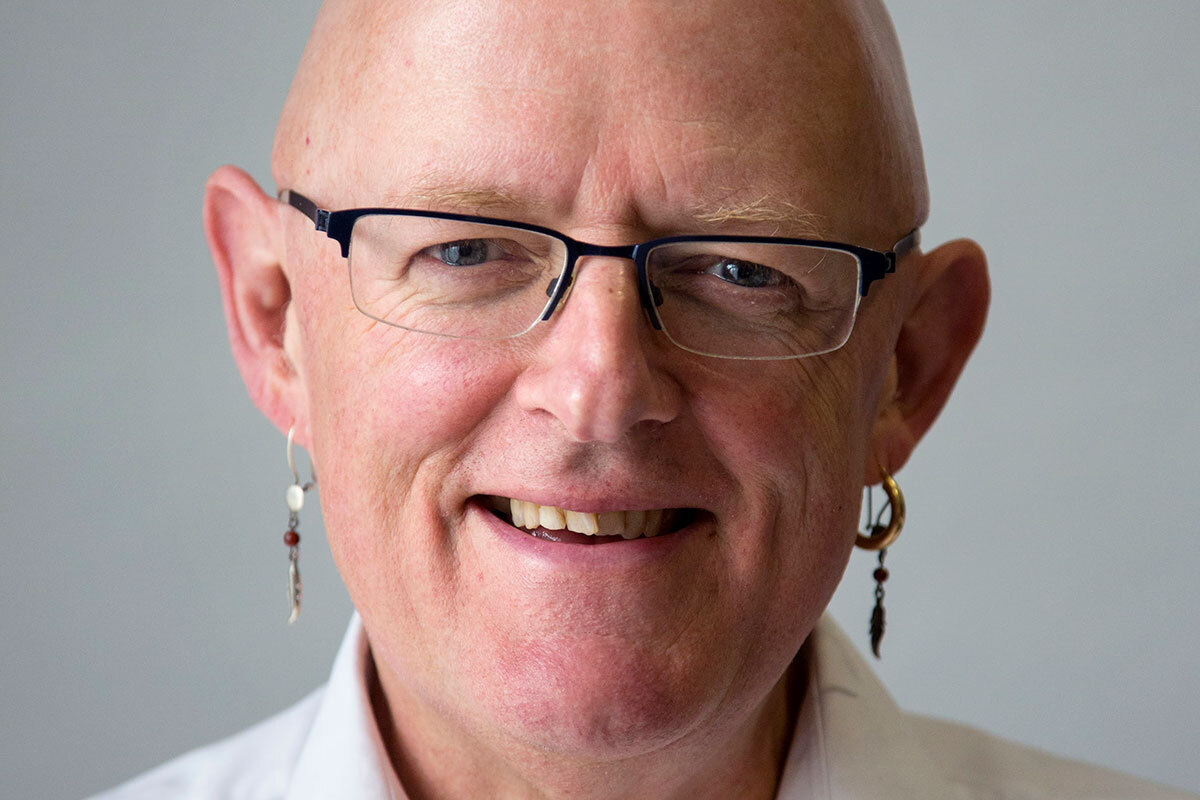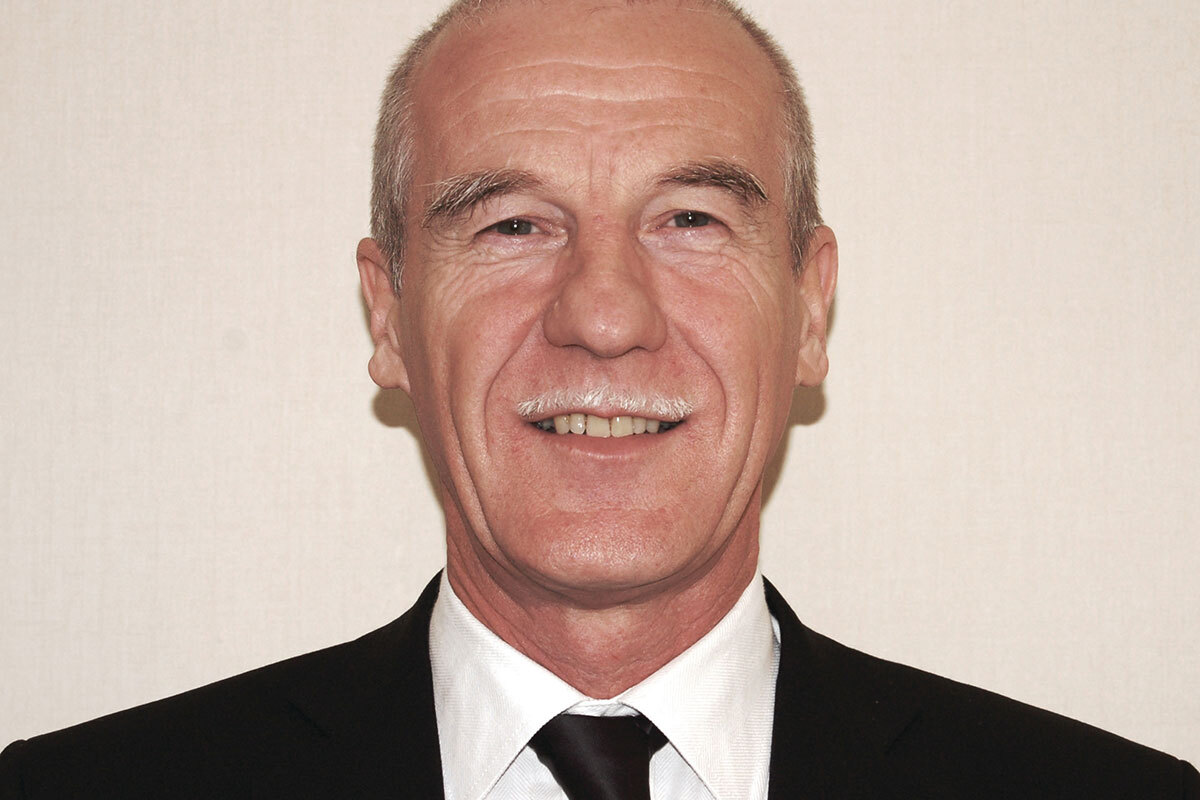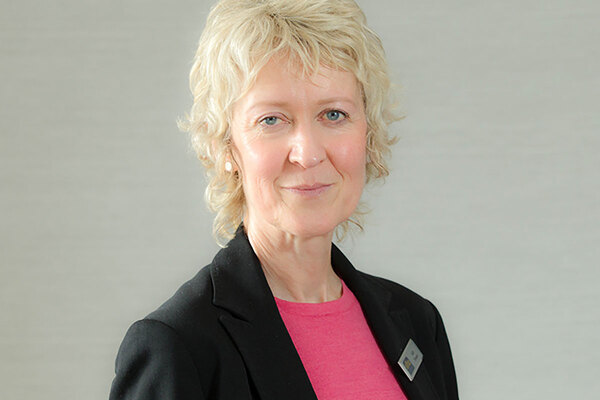Senior sector figures meet to discuss setting up independent national tenants’ body
More than a dozen senior figures from across the sector met this week to discuss the establishment of a new national tenants’ body.
At a round table event, a total of 16 representatives discussed future plans for A Voice for Tenants, a steering group aimed at establishing a permanent, independent body for tenants.
The national organisation would be led by social housing tenants to drive engagement with residents and represent their views to the government, landlords and other stakeholders on issues such as homelessness, the lack of social rented homes and concerns around welfare reform.
Nic Bliss, campaign director at Stop Social Housing Stigma (SSHS), pointed out why a new national body representing the voices of tenants could improve the quality of leadership in the housing sector.
“Where it could get to is tenants being involved at all levels, right up to the top table. I hope it would drive up the quality of leadership in the social housing sector generally, because I think that’s where we’ve possibly got the failure at the minute,” Mr Bliss said.
“It doesn’t happen overnight – you have to persevere with it, bring people forward and get over the distrust that people have,” he said.
Mr Bliss explained that what is missing currently is an organisation that “brings together the views of tenants and builds something over a period of time that can actually engage with government, with landlords and with everybody else”.
Gavin Smart, chief executive of the Chartered Institute of Housing (CIH), who chaired the event, gave a provisional summary of what the new body might involve, including being independent, having “parity of esteem” with the regulator and the Housing Ombudsman, being able to commission research, and offering advice on good practice.
Richard Blakeway, the housing ombudsman, said it was “long overdue for there to be a vehicle through which tenants, leaseholders and others are able to express and engage”.
“I absolutely agree with the idea that [the body] needs independence and permanency,” Mr Blakeway said.
“We need to be positioned not only where action is going to take place, but also where we know that the people we’re communicating with are actually going to act on our views,” added Daisy Armstrong, a member of the G15 residents’ group.
Fiona Brown, treasurer at SSHS, said that tenants should be involved at a far earlier stage, flagging that they are often wrongly assumed not to be capable of being involved in aspects such as finance.
“Maybe not every tenant is or even wants to [be involved], but if they’re not given the opportunity to do that, they can’t say yay or nay. There are plenty who would like to be involved at least at some level,” Ms Brown said.
Michael Verrier, a member of the G15 residents’ group, added that the new body would need to have “a tough, strong voice” with a focus on “setting the groundwork for legacy”.
The question of how the group would be funded was left open, but suggestions included securing research funding alongside core backing or asking the government for financing.
“If we don’t get it right with housing, it could actually lead to future civil unrest,” added Hannah Absalom, a social housing researcher at the University of Birmingham.
A Voice for Tenants has also commissioned research from the Health Creation Alliance to study how tenants can have greater influence on national policymaking and how this could be funded over the long term.
The sector has been without a representative body for tenants since 2010, when funding was cut for the National Tenant Voice (NTV).
The NTV was set up under the Labour government to give tenants a voice to influence national housing policy with an original budget of £1.5m, which was cut to £1.25m and eventually withdrawn.
Trustees at tenants’ charity Taroe Trust also announced its closure last November.
The decision followed a review of the charity after it applied to more than 100 potential sources of core funding without success.
Alongside this lack of funding, Taroe Trust said that the review “identified unfavourable operating conditions”. As a result, all services ceased by the end of December 2023.
Sign up for our asset management newsletter
Already have an account? Click here to manage your newsletters












